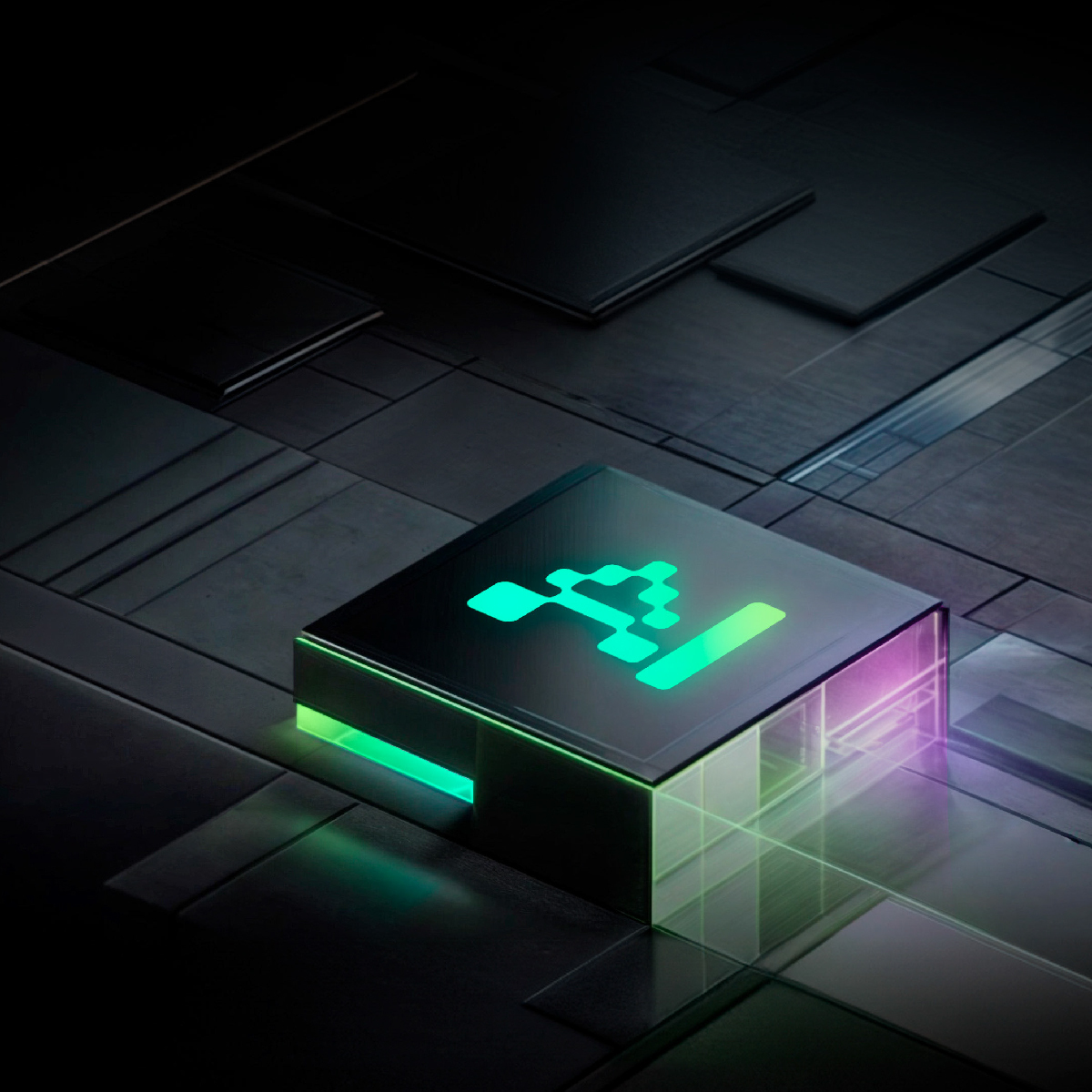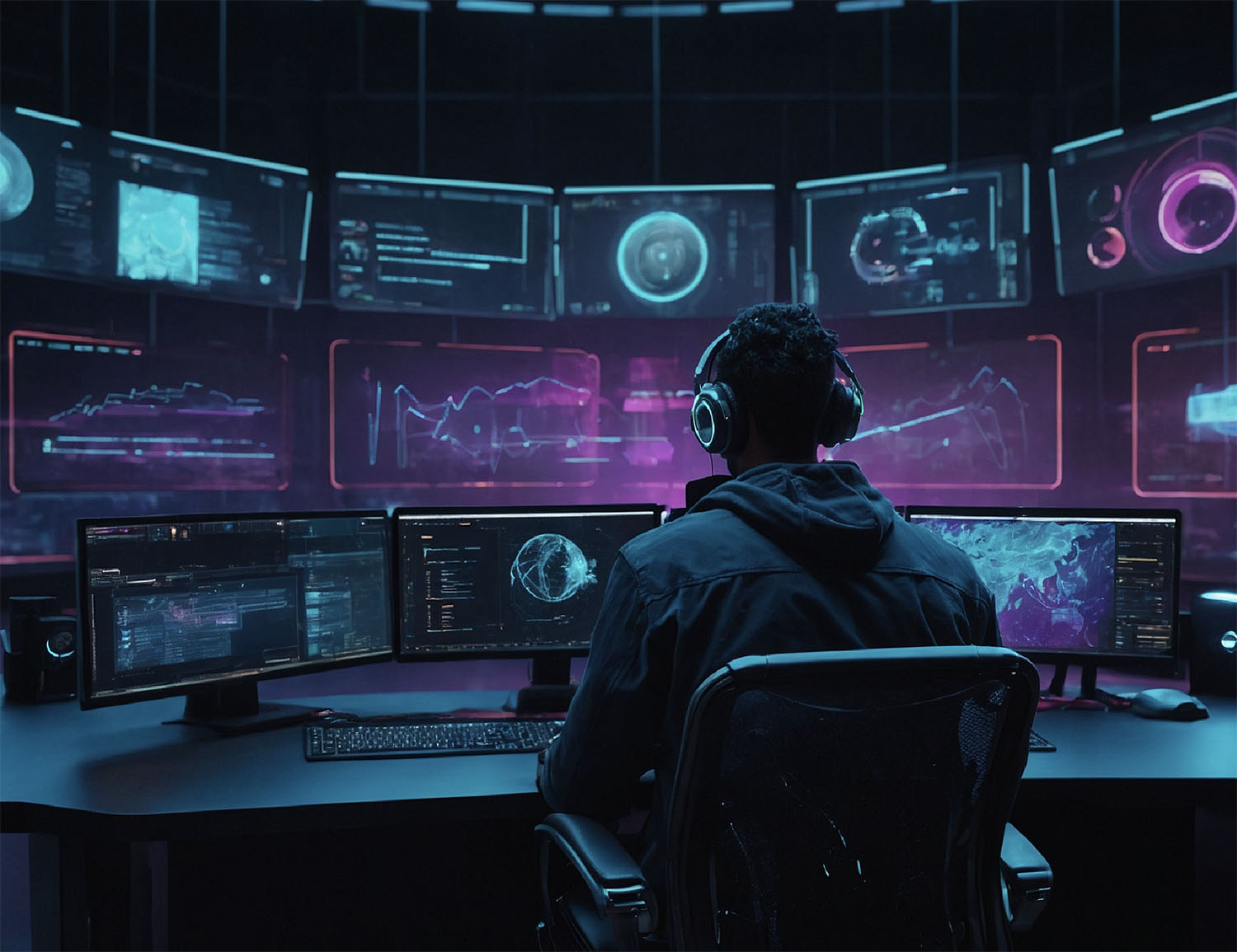Join our newsletter



We are eager to see how AI tools will continue to evolve in the video industry. We already use various AI-powered tools to make processes like marketing and content creation smoother and more efficient. As AI technology advances, we wanted to share some of the knowledge we've gained and provide insights into the tools we expect to become available to businesses very soon. AI is reshaping video production, offering faster workflows, deeper personalization, and smarter automation. Let’s explore how these innovations will impact the industry.
AI-powered tools can now edit videos automatically, add special effects, and even create animations. Businesses can use AI to generate professional content quickly and affordably. With deepfake technology and AI-driven animation, the possibilities for creativity are endless. AI tools like Runway ML, Synthesia, and Pictory are already making it easier for companies to produce engaging visual content without expensive production teams.
Moreover, AI can streamline post-production processes by handling color correction, sound mixing, and even generating realistic voiceovers. AI’s ability to automate complex tasks allows creators to focus more on storytelling and innovation rather than technical details.
Netflix and YouTube already use AI to recommend videos based on what people like to watch. In the future, AI will take personalization even further by changing content in real time based on user preferences. This means businesses can offer highly targeted video experiences, keeping viewers engaged longer and improving customer satisfaction.
AI-driven algorithms will make content consumption more immersive. For instance, brands can leverage AI to dynamically adjust video ads, tailoring them to different demographics in real-time. AI can also analyze facial expressions and user reactions to determine the emotional impact of a video, refining content to evoke stronger engagement.
AI helps businesses understand what works in their videos. By analyzing viewer engagement, AI can suggest improvements, detect trends, and optimize content strategy. Automated captions, translations, and even AI-generated voiceovers will also make videos more accessible to global audiences, expanding their reach effortlessly.
Businesses can use AI-powered tools like Vidooly and Tubular Labs to track audience sentiment, measure ROI, and predict what type of content will perform best. AI-powered chatbots and virtual assistants could also enhance interactive videos, allowing businesses to engage with their audience in real time.
As AI technology evolves, businesses can expect even more powerful tools.
The future of AI in the video industry is full of possibilities. Businesses that embrace these advancements will stay ahead in a rapidly changing digital world. AI is not just a tool—it’s the future of video content creation! As AI continues to evolve, companies that integrate AI-driven video technology will gain a competitive edge in storytelling, audience engagement, and efficiency.
Here at Kenility, we stay on top of AI trends and are dedicated to providing the best solutions for businesses looking to enhance their strategies with AI. We hope this article has given you new insights into the future of AI in video, and we look forward to seeing how these innovations will soon be available.